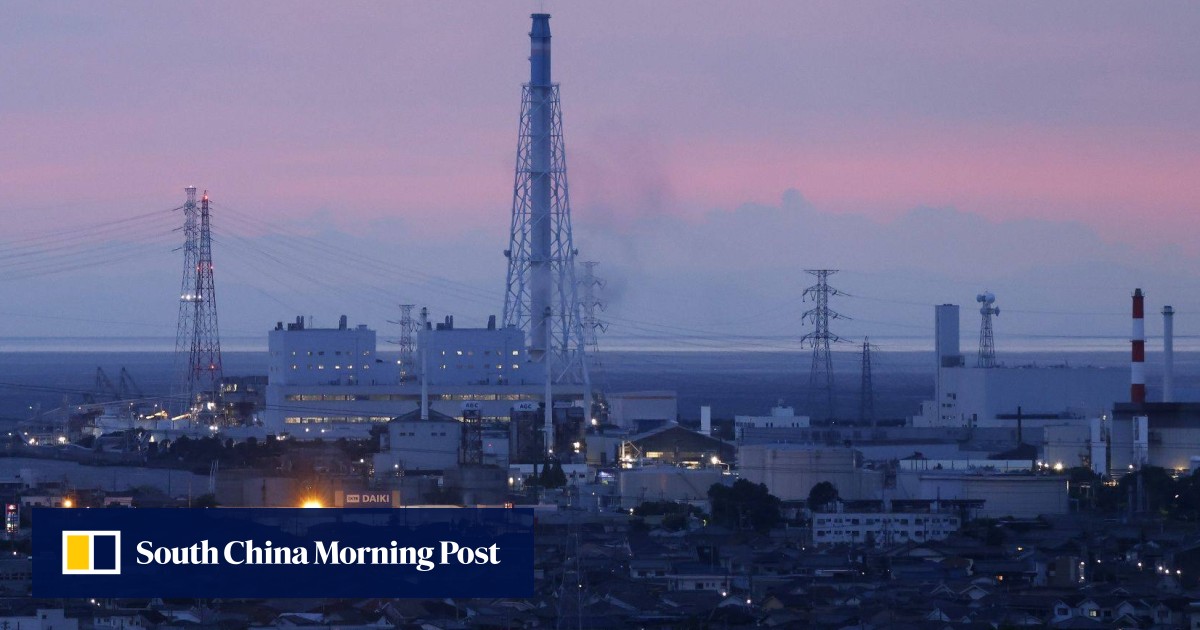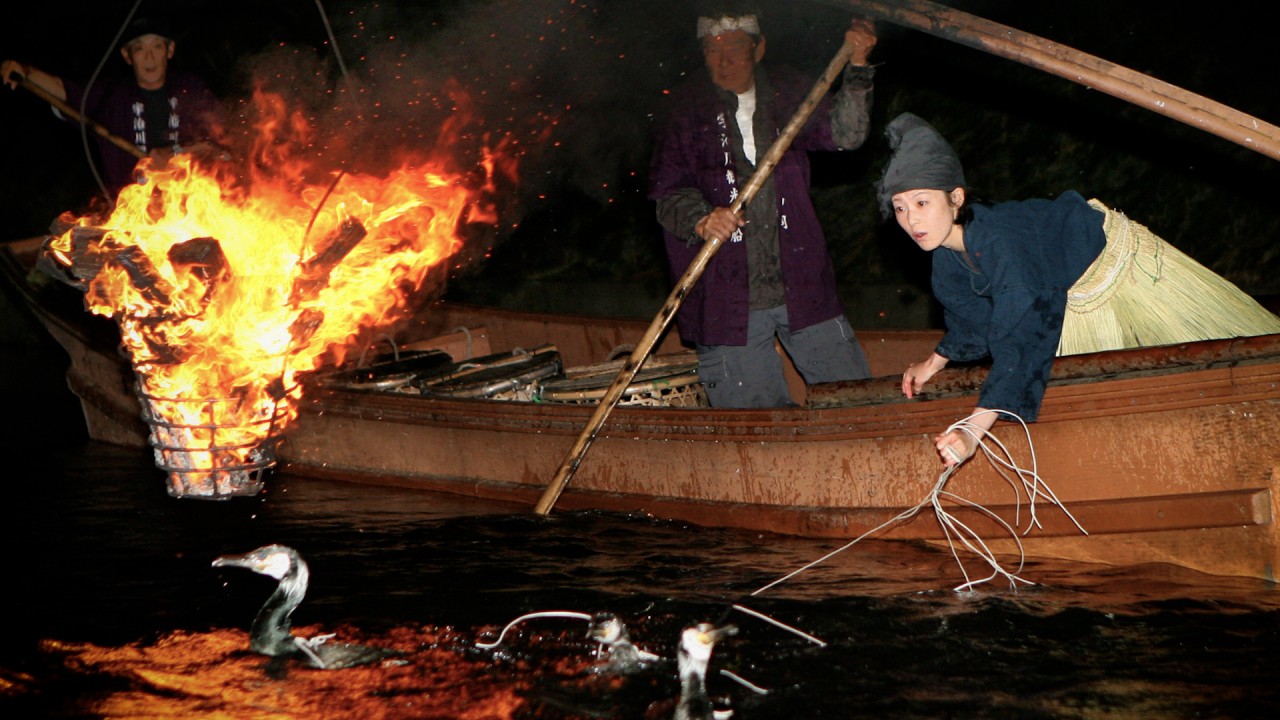“Coal-powered plants in Asia are much younger than those in the US and Europe, making it difficult to shut them down immediately,” said Mei Makinouchi, a deputy chief researcher at Dai-ichi Life Research Institute, which provides economic and policy research and analysis. Developing nations could be helped with solutions that attempt to reduce the use of coal or gas, rather than being told to “stop using all fossil fuels at once,” she said.
Critics say co-firing technology is too costly and does too little to actually reduce emissions from fossil fuel-powered electricity generation. The technology is still in development and not yet available for wide deployment. Current proposals to co-fire ammonia or hydrogen in power plants typically involve replacing only 20 to 30 per cent of coal or gas burned.
Japanese manufacturers that make turbines and boilers for coal and gas plants are seeking to export such equipment that can be used with hydrogen or ammonia.
For nations with rising power demand across Asia, “coal and gas power plants are the only things that can be used to help cover the exponential growth in electricity,” said Nobuhiko Kubota, managing executive officer and general manager of corporate research and development at IHI Corp., which began researching use of ammonia in 2013.
IHI and Japan’s top power producer Jera Co. plan to replace as much as 20 per cent of coal with ammonia at a unit at Hekinan power plant in Aichi prefecture by the end of March.
Betting on co-firing could delay the deployment of existing zero-emission options [such as solar and wind power]
Nations should aim to deploy other proven tools to decarbonise their power systems, according to the Institute for Essential Services Reform, a Jakarta-based environmental and energy think tank.
“Betting on co-firing could delay the deployment of existing zero-emission options” such as solar and wind power, said Fabby Tumiwa, executive director of the organisation, in a webinar last week.
It also remains unclear whether there will be sufficient supply chains to deploy fuels like ammonia and hydrogen at the scale that’d be required to lower power sector emissions, according to Kentaro Tamura, a programme director at Japan-based Institute for Global Environmental Studies.
“It becomes a chicken or the egg paradox,” Tamura said. “Countries could be derailed from the pathway to net zero if there isn’t cheap and ample supply of ammonia.”


